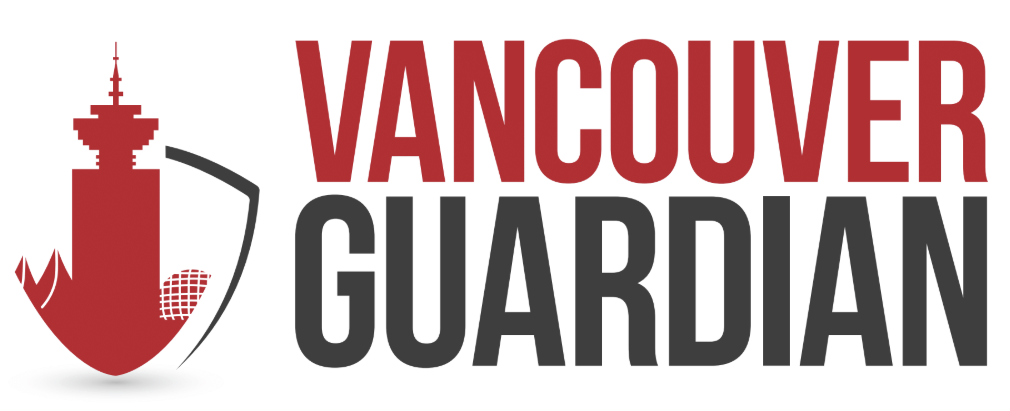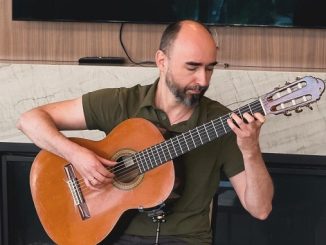Rose Charities Canada is a volunteer-run charitable organization that aims to combat poverty and injustice worldwide. To reach these goals, their mission is to create a global network of projects with a focus on knowledge sharing and continual improvement. To find out more, we spoke with Josephine De Freitas, Board Member and Volunteer at Rose Charities Canada, who also works with all the project leaders, monitoring their projects and helping them solve problems.

Describe your charity/non-profit in a few sentences.
Rose Charities Canada is a Registered Canadian Charity run by volunteers. We have no paid staff and work from our homes so our overheads are very low and 96% or more of every donation goes directly to the projects. We work in developing countries, with approx 16 small projects in Africa, Asia, Central and South America and Haiti. We work with local communities and local leaders helping them find solutions to their issues of poverty. We try to listen and help rather than dictate so each project is different. So for example in Zambia we help villages plant trees to help them combat their drought, we support schools and education in Uganda, Nepal, and Madagascar, we work with youth in Haiti, and we train Mayan birth attendants in safe birthing techniques in remote Mayan communities. In Vietnam, we support a training center for Blind farm workers and an Aids Hospice. We have worked in refugee camps in Afghanistan and our latest venture is to support 2 organizations in Ukraine that work with refugees and hospitals there.
What problem does it aim to solve?
The problem that we try to assist with is to give support to the amazing people working at the grassroots level, who lack the education or resources to fund funding from the larger funding agencies, but who do incredible work. We find that a small amount of support to these leaders and their projects creates big outcomes because they are supported by their communities who volunteer time and effort to the projects

When did you start/join it?
I joined the organization of Boxing Day 2004.
What made you want to get involved?
I sat watching the TV that day feeling very sorry for myself after a difficult Christmas and watched as the news and the effects of the tsunami, became worse and worse. I realized that my little problems were non-existent – so I joined Rose Charities to try and help. We sent 11 medical teams, set up counselling in schools that reached over 10,000 children and built a lasting local charity in Kalmunai Sri Lanka that went on to raise over 1 million in microcredit loans to help the community rebuild.
What was the situation like when you started?
Rose Charities was founded in the 1980s and was focused entirely on Cambodia, helping run eye clinics to treat cataracts and eye disease. In those days the donations were small and fundraising was a challenge. Over the years the Cambodian project leader increased his training and skills and built the clinic into the leading Eye Hospital in Cambodia and now no longer needs our assistance. Our greatest pride is the projects that no longer need us.
How has it changed since?
After the tsunami, Rose Charities grew a lot bigger and today we raise between $300,000 to $500,000 every year and support about 16projects. All the funds are donations from individual supporters and a few family trusts and small businesses.
What more needs to be done?
The best way for your readers to see what we are doing is to follow us on Facebook or check our website. It is worth looking at the individual projects as they are all so different and see if there is one that particularly resonates.
How can our readers help?
If you would like to help in some way with that project we can put you in touch with the project leader.
Where can we follow you?
PAY IT FORWARD: What is an awesome local charity/non-profit that you love?
A local charity that I like is United We Can. They work in the community providing care and employment for some of our most vulnerable and difficult to help people in Vancouver. They are hands-on, innovative, compassionate and real role models for how a charity should work.



